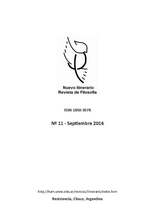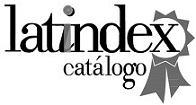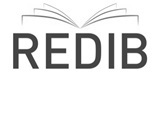The duel for honor as an identity, colonial and exclusionary practice in modern Argentina
DOI:
https://doi.org/10.30972/nvt.1715358Keywords:
notion of honor, identity construction, social and racial exclusion, recognition theory, HegelAbstract
In the light of the multiple and equivocal uses of honor in Argentina and Latin America at the present time, it is possible to be puzzled by the appearance of such concept. This paper will begin by situating the concept of traditional honor from the Hegelian philosophical perspective and understanding the place it occupies in his theory of recognition. Then, we will analyze how the concept of honor, considered as an encompassing of values proper to a world, falls to give place to the world of dignity, following Berger (1983). These two moments will lead to the analysis of how the Argentine elites receive and put into practice this concept in the period of conformation of modern Argentina (Gayol, 2008). In this way, it is intended to answer why the notion of honor in the Argentina elites constituted a key element in self-identification and self-recognition. Furthermore, in this context, honor traces a demarcation boundary with the men of the popular classes, in a historical moment when citizenship (which implied the guarantee of liberal rights) was in full expansion. The latter, according to the elites, did not defend honor in their duels, but rather their disputes "for honor" were violent and barbaric practices. This practice of racial and social exclusion will be understood through the analysis of the idea of race developed by Aníbal Quijano, especially in Coloniality of Power, Eurocentrism and Latin America (2000).Downloads
Published
2021-06-07
How to Cite
Paradela, J. A. (2021). The duel for honor as an identity, colonial and exclusionary practice in modern Argentina. New Itinerary, 17(1), 284–309. https://doi.org/10.30972/nvt.1715358
Issue
Section
Artículos
License
Les autores ceden a Nuevo Itinerario los derechos de publicidad de sus trabajos, toda vez que hayan sido admitidos como parte de alguno de sus números. Ello no obstante, les autores retienen los derechos de propiedad intelectual y responsabilidad ética así como la posibilidad de dar difusión propia por los medios que consideren.












51.jpg)

